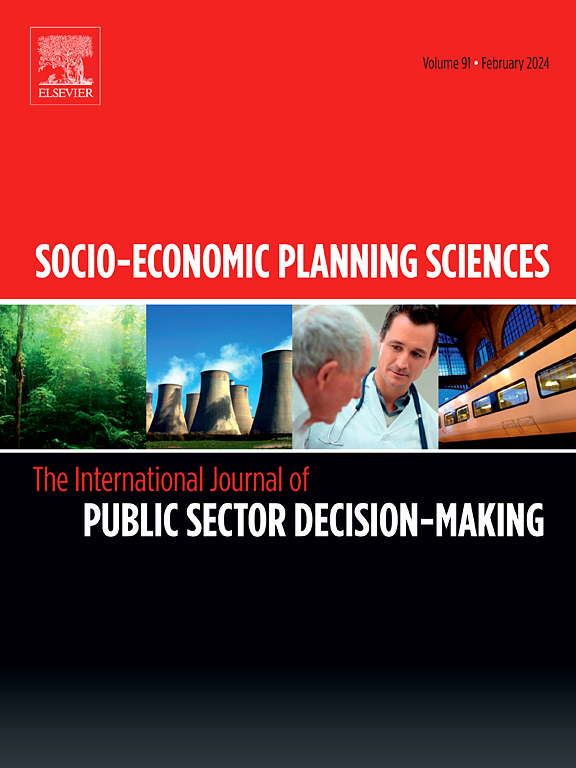德国大学的知识和技术转移:利用大学网站信息的探索性研究
IF 5.4
2区 经济学
Q1 ECONOMICS
引用次数: 0
摘要
尽管知识和技术转让具有多方面,但现有的定量评价主要集中在有限范围的渠道上,往往是由于数据的可得性,而不是理论上的考虑。为了解决这一差距,我们利用大学网站上的非结构化数据来开发指标,提供大学KTT活动的全面视图。将大型语言转换器应用于德国大学的网站,我们确定了五个不同的KTT维度:与行业合作研究联盟的参与,技术咨询活动,启动活动,区域技术转移中心的发展,以及技术转移办公室。基于探索性回归分析,我们发现KTT活动类型的强度随区域环境和大学特点而变化。此外,我们的回归揭示了KTT和基础研究之间的协同关系,这一发现似乎再次强烈依赖于KTT活动的类型。本文章由计算机程序翻译,如有差异,请以英文原文为准。
Knowledge and technology transfer in German universities: An exploratory study leveraging information from university websites
Despite the multidimensionality of knowledge and technology transfer (KTT), existing quantitative evaluations predominantly focus on a limited range of channels, often resulting from the availability of data rather than theoretical considerations. To address this gap, we leverage unstructured data from university websites to develop indicators that provide a comprehensive view of universities’ KTT activities. Applying large-language-transformers to scraped websites of German universities, we identify five distinct KTT dimensions: engagement in collaborative research consortia with industry, technical consulting activities, start-up activities, the development of regional tech transfer hubs, as well as technology transfer offices. Based on exploratory regression analyses, we find that the intensity of the type of KTT activities varies with the regional environment as well as university characteristics. Moreover, our regressions unveil a synergistic relationship between KTT and basic research, where this finding again seems to depend strongly on the type of KTT activity.
求助全文
通过发布文献求助,成功后即可免费获取论文全文。
去求助
来源期刊

Socio-economic Planning Sciences
OPERATIONS RESEARCH & MANAGEMENT SCIENCE-
CiteScore
9.40
自引率
13.10%
发文量
294
审稿时长
58 days
期刊介绍:
Studies directed toward the more effective utilization of existing resources, e.g. mathematical programming models of health care delivery systems with relevance to more effective program design; systems analysis of fire outbreaks and its relevance to the location of fire stations; statistical analysis of the efficiency of a developing country economy or industry.
Studies relating to the interaction of various segments of society and technology, e.g. the effects of government health policies on the utilization and design of hospital facilities; the relationship between housing density and the demands on public transportation or other service facilities: patterns and implications of urban development and air or water pollution.
Studies devoted to the anticipations of and response to future needs for social, health and other human services, e.g. the relationship between industrial growth and the development of educational resources in affected areas; investigation of future demands for material and child health resources in a developing country; design of effective recycling in an urban setting.
 求助内容:
求助内容: 应助结果提醒方式:
应助结果提醒方式:


